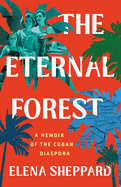NVNR: Heroes on the Front Lines of Book Banning
 New Voices New Rooms began yesterday morning in Atlanta, Ga., with a keynote breakfast featuring a cross-section of some of the people most affected by book banning. The speakers included three authors, two booksellers, and two student activists, while Philomena Polefrone, associate director of American Booksellers for Free Expression, served as master of ceremonies.
New Voices New Rooms began yesterday morning in Atlanta, Ga., with a keynote breakfast featuring a cross-section of some of the people most affected by book banning. The speakers included three authors, two booksellers, and two student activists, while Philomena Polefrone, associate director of American Booksellers for Free Expression, served as master of ceremonies.
In her opening remarks, Polefrone noted that independent booksellers have two superpowers: they "put books in people's hands, and they are small businesses." As private businesses, indie bookstores are not subject to the same restrictions affecting public schools and public libraries, and they can often be "the best lifeline some folks have" to banned books. And as small businesses, Polefrone said, "your voices are powerful," and indies have been instrumental in defeating book banning laws in multiple states already.
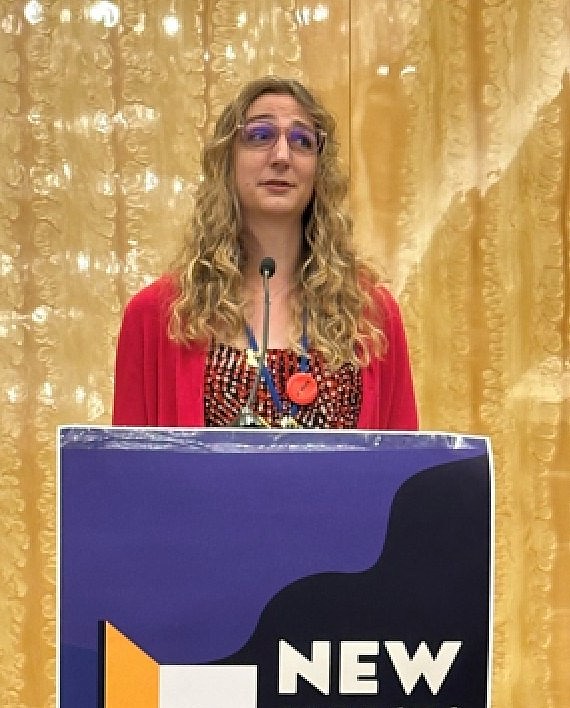 |
|
| Philomena Polefrone | |
Silas House, author of Parchment of Leaves, pointed out that there are many ways to ban books. Sometimes it "doesn't look like banning," and in his experience, the banning of his books was "quietly done." His first three books, which delved into issues of gender, race, and the environment, were well received in his home region of Appalachia, at least until he joined other writers in a protest against mountaintop removal. As a result he was labeled "anti-coal and anti-work." Around the same time he came out, which, he remarked drily, "sure didn't help things."
"They did not ban my books with trumpets and declarations," House said. Rather they were simply made unavailable, removed from school libraries and not included in programs that give free books to students and teachers. In the face of the vast, orchestrated efforts to ban books and erase marginalized groups, House acknowledged, he can sometimes feel "hopeless and weary." But those efforts would not be happening if books and education and empathy weren't so powerful. "We are on the front lines because we truck in important work," he said. "If it wasn't, they wouldn't be attacking us so hard and so often and in so many ways."
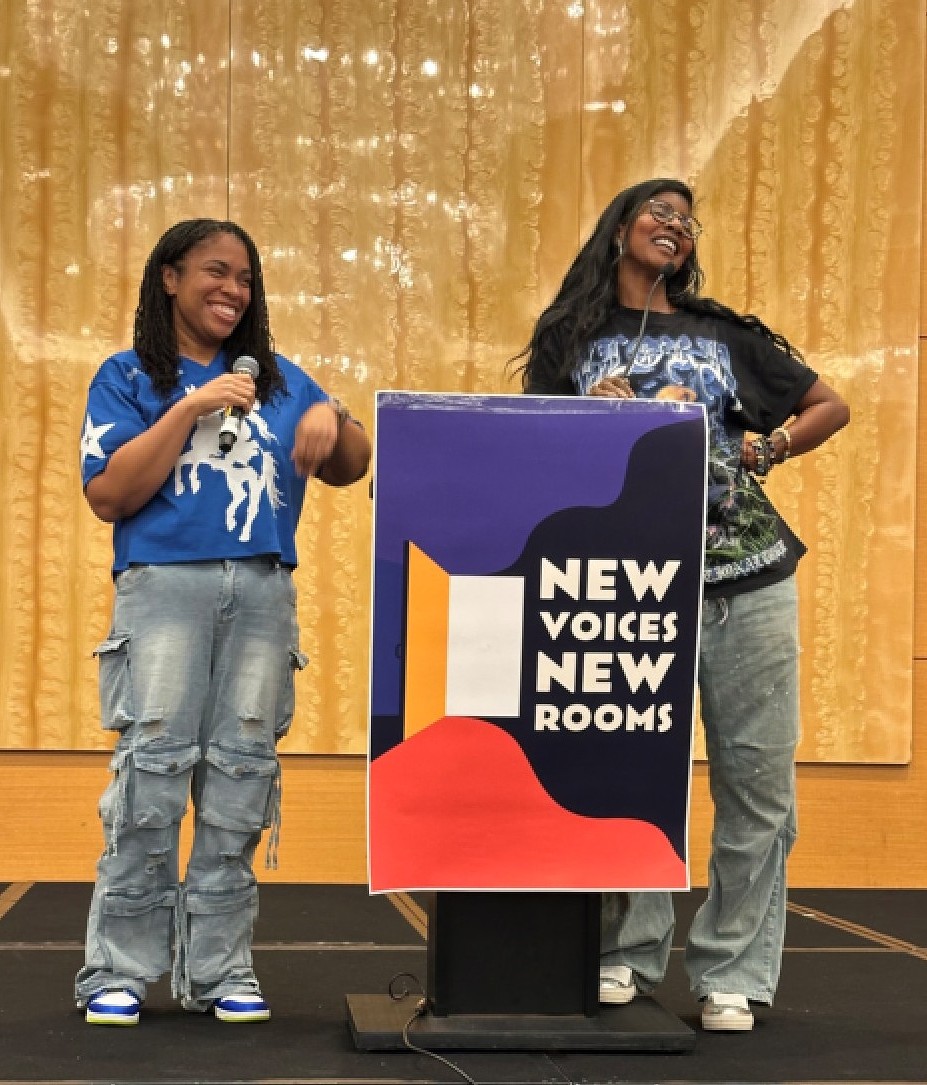 |
|
| Angie Thomas (l.) and Nic Stone | |
Angie Thomas, author of The Hate U Give, and Nic Stone, author of Dear Martin, took the stage together. Stone recalled that she and Thomas debuted the same year and have been "thick as thieves since 2016." They've written about similar topics, including racism and police brutality, and have both been dealing with their books being banned for some seven years.
When The Hate U Give was banned in Katy, Tex., Thomas recalled, she received an outpouring of e-mails and messages from students and young people in Katy saying they vehemently disagreed with the decision and planned to do something about it. In talking with her editor and agent, Thomas realized that as an author, she couldn't "march into a school board meeting" or do much on the ground the way librarians and booksellers could. Instead, she came to the realization that "all I can do is write." She encouraged booksellers to be the people on the ground, to do the "hard work" of going to school board meetings and talking to parents. And she asked them to make sure that when a young person enters the store, "they feel safe."
Stone, a Georgia native, said the first ban of one of her books occurred in Columbia County, Ga., and when she traveled there for an event at a library, people approached her to "unload stories" of racism in their daily lives. The experience opened her eyes to the fact that "we live in a world where we need language, we need connection, we need community." She emphasized that the best way booksellers can "combat the nastiness" going on in society is to thrive, and to make their stores spaces that are "full of joy" and respites from the ugliness in the world. "The world's on fire," she said. "What do we actually have to lose by pursuing good things?"
Thomas added that her biggest hope for her work is that one day, young people will read The Hate U Give and wonder if the past was really like that. But that will only happen, she said, if "we talk to young people about the world we currently have" and tell them the truth. Stone said that while Thomas wants to inspire young people to make a better world, she wants to inspire young people "to look at the world as it is and find the beauty in it," and to "shed some light on the humanity of all people."
Cristina Nosti, events and marketing director for Books & Books in South Florida, said the book banning in Florida has reached a scale "we haven't seen before," with thousands of incidents reported in the 2023-2024 school year alone. In response to the surge of censorship and book bans in Florida and across the country, "the role of the bookstore as a civic gathering place has grown." Books & Books created the nonprofit Books & Books Literary Foundation in 2023; to date it has given away 35,000 banned books.
"Those who would ban our books cannot ban our minds or our imaginations," Nosti continued. "They cannot ban the creativity and friendships that are formed when we come together in a tribe of people who love books and storytelling." Nosti said she finds comfort in "daily small actions" like reading books, exchanging books, recommending books, hosting authors, and "living books and stories day in and day out." She stressed that "centralized power dislikes communities" because their goal is to force conformity, and that is why they fear pluralism and diversity, "and why they fear our stories." The present moment, she said, "demands we show up for each other" and "become the heroes of our own lives and heroes for one another."
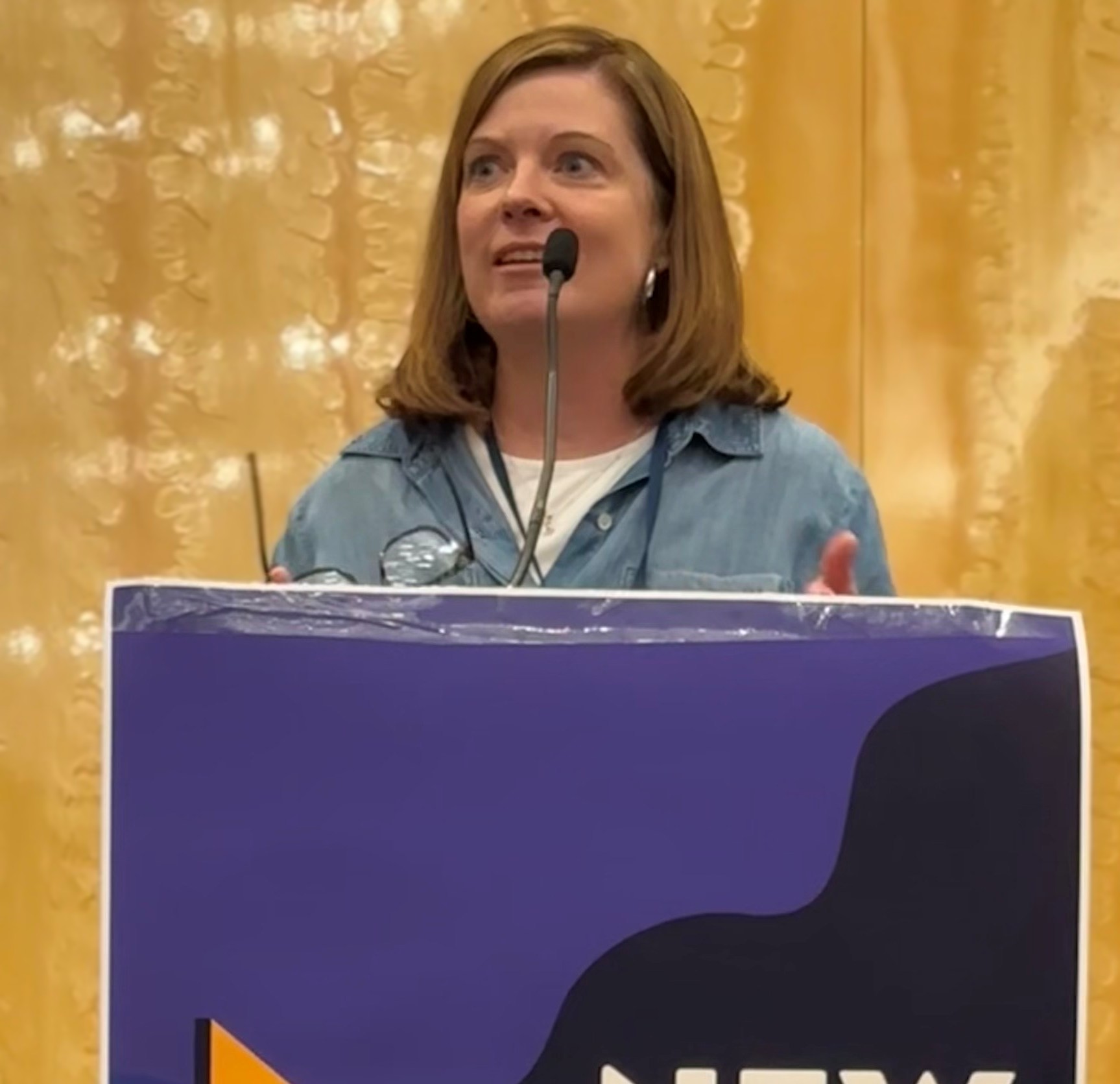 |
|
| Ali Rudolph | |
Ali Rudolph, former educator and co-founder of Rudolph Girls Books in Westminster, Md., discussed the times her store has come into conflict with her county's public school system over things like book bans and banning the Pride flag. She reflected that while she has certainly "poked the bear" a few times, she has found she feels better when she shares her opinion a more "measured and honest way." She attempted to do just that during last year's Banned Book Week, when she published a social media post defining a book ban as, essentially, when a school administrator or government official overrides the content choices made by professionals such as public school teachers and librarians.
Though she felt the post was "straightforward" and "non-confrontational," a member of the local board of education shared the post later the same day and accused Rudolph and like-minded people of promoting sexual material to children. The board member "doubled down," and soon the store's social media and Google reviews were flooded with people "calling us pedophiles."
Customers rallied around the store and helped get offensive posts taken down, while Rudolph contacted an attorney and had that board member served with a cease-and-desist letter and filed a formal complaint with the Maryland state board of education. Despite how awful the experience was, she plans to continue using her voice and her platform to fight against censorship and book bans. Other small business owners in her community, she added, have told Rudolph they love how she speaks out on social issues but they can't afford to lose business. "If that business comes with a side of racism or homophobia or censorship, I don't want it," Rudolph said.
Last to take the stage were Brea Parker and Kate Selvitelli, high school students and members of Diversity Awareness Youth Literacy Organization. They talked about the ways that book bans have affected students, describing how banning books leads inevitably to banning curriculum. Selvitelli said that in South Carolina, an AP African American Studies course was banned, and while students at her school were able to take the course as an honors class and take the AP test on their own, "not every school has that option."
Parker said students have lost access to classic titles like To Kill a Mockingbird and Catch-22, and history textbooks get censored and rewritten, with the experiences and contributions of minority groups minimized or entirely removed. And on an individual level, Selvitelli said, book bans tell students they're not important, that they "just have to fit into the mold that's been built for us." --Alex Mutter






SHELFAWARENESS.0213.S4.DIFFICULTTOPICSWEBINAR.gif)





SHELFAWARENESS.0213.T3.DIFFICULTTOPICSWEBINAR.gif)
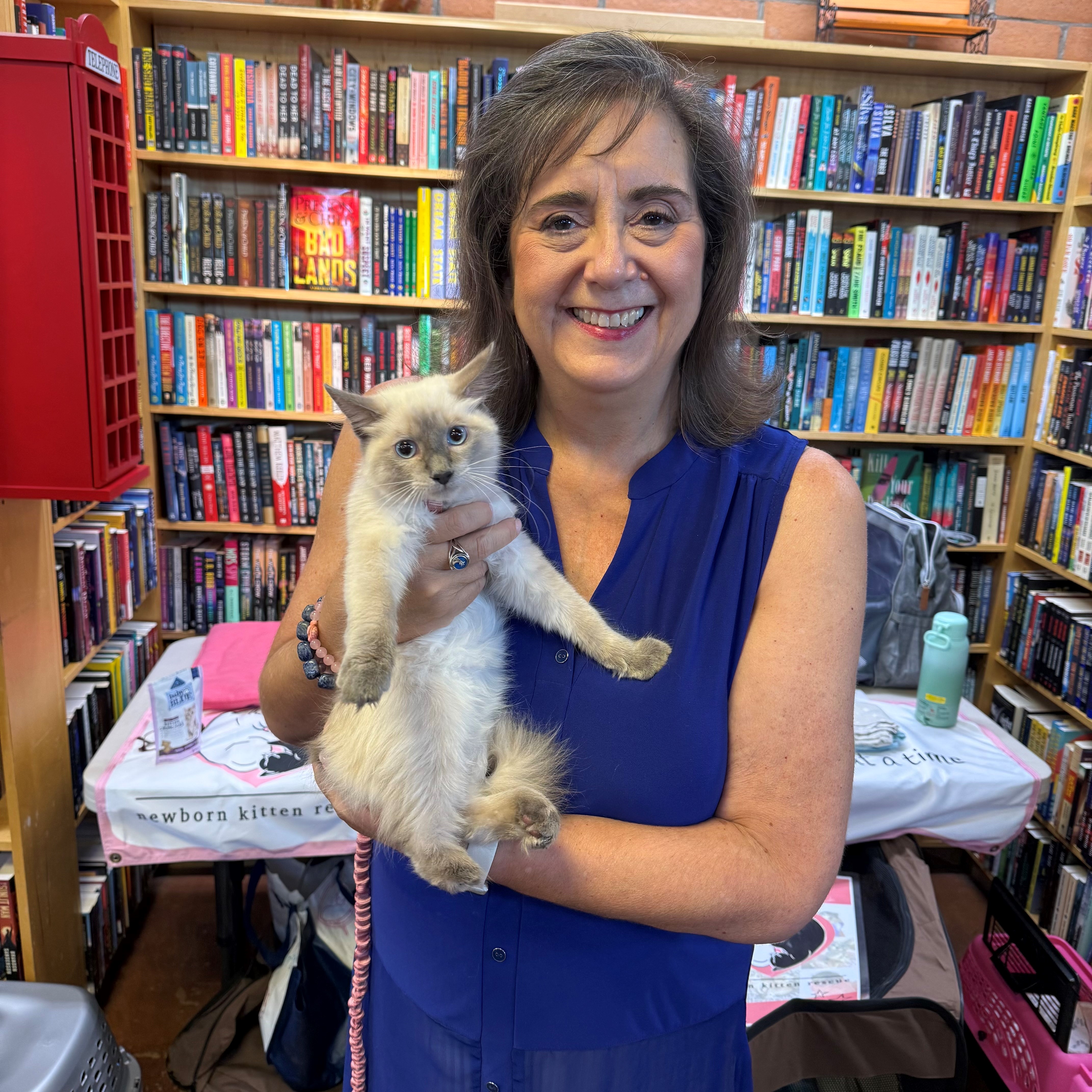 Author Allie Pleiter visited
Author Allie Pleiter visited 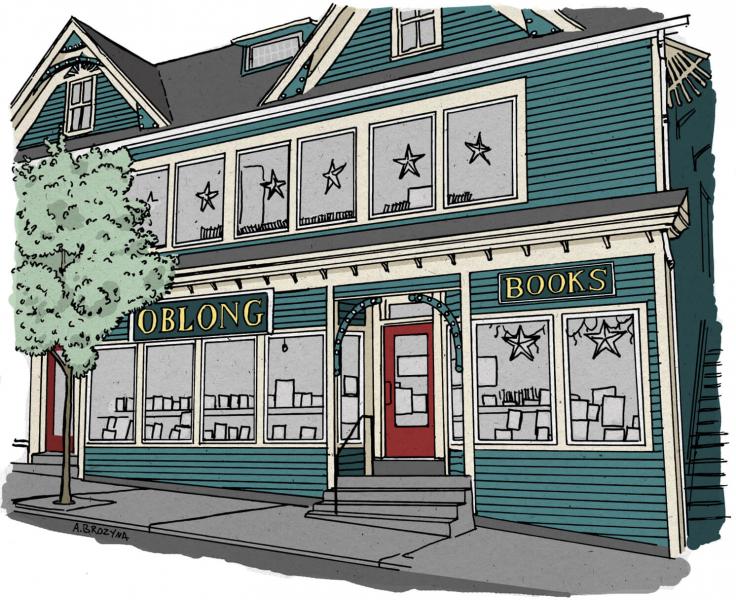 Congratulations to
Congratulations to 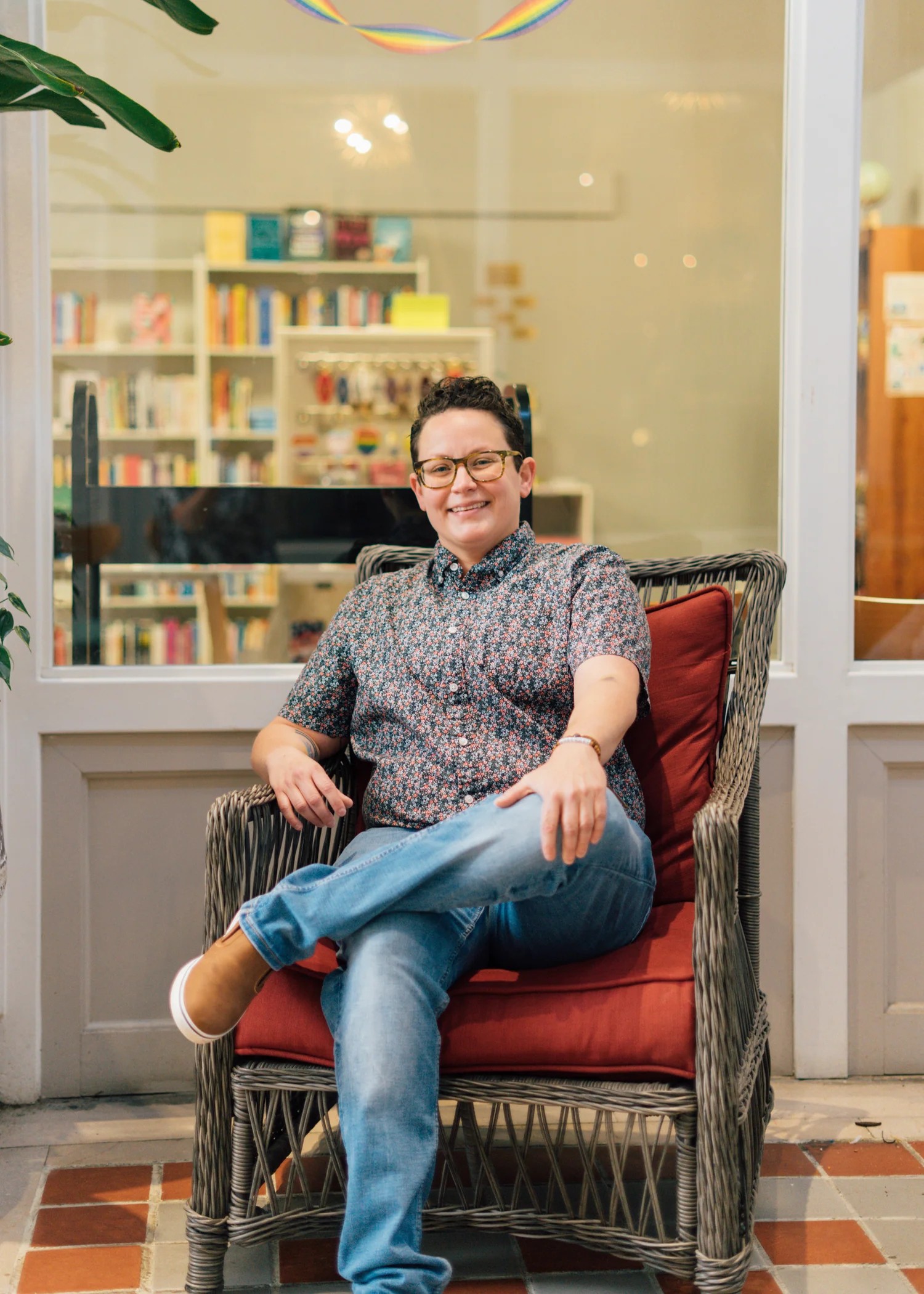
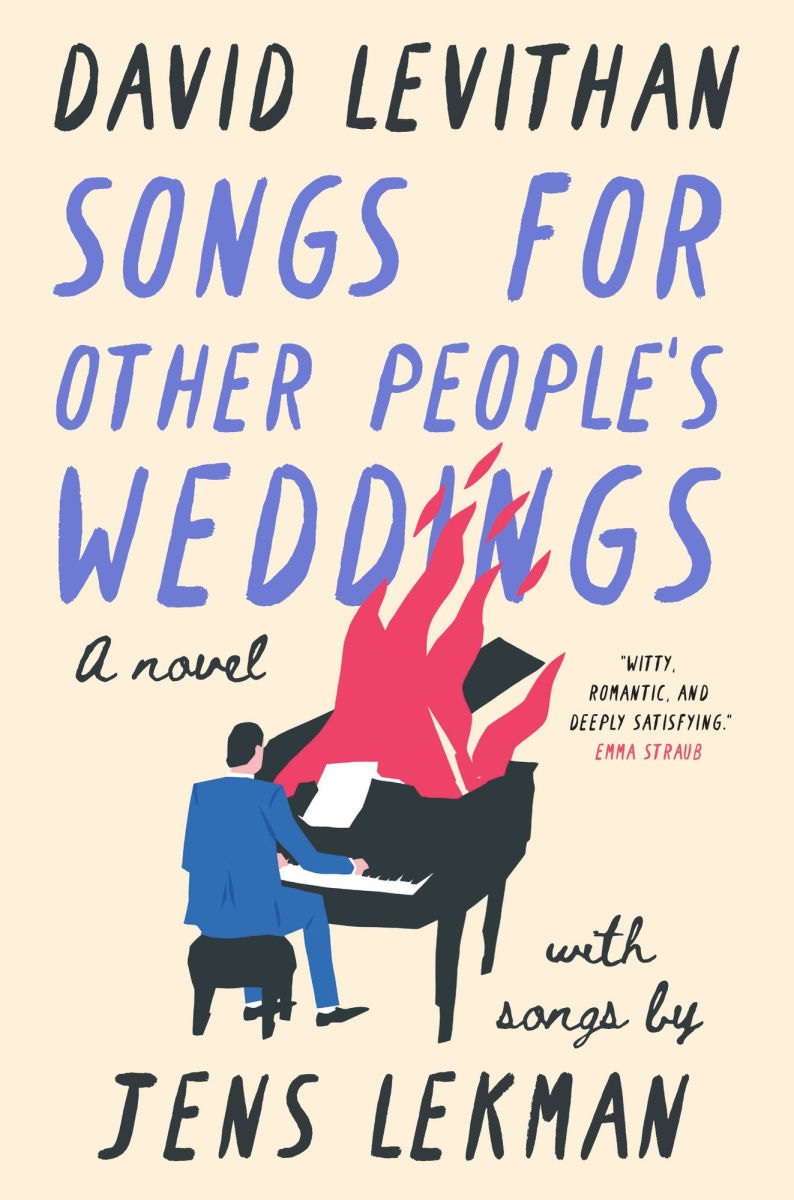 Barnes & Noble has chosen Songs for Other People's Weddings by David Levithan and Jens Lekman (Abrams) as its August national book club pick. In a live virtual event on Monday, September 8, at 3 p.m. Eastern, Levithan and Lekman will be in conversation with Mallory Rochester, store manager at the Calabasas, Calif., Barnes & Noble.
Barnes & Noble has chosen Songs for Other People's Weddings by David Levithan and Jens Lekman (Abrams) as its August national book club pick. In a live virtual event on Monday, September 8, at 3 p.m. Eastern, Levithan and Lekman will be in conversation with Mallory Rochester, store manager at the Calabasas, Calif., Barnes & Noble. 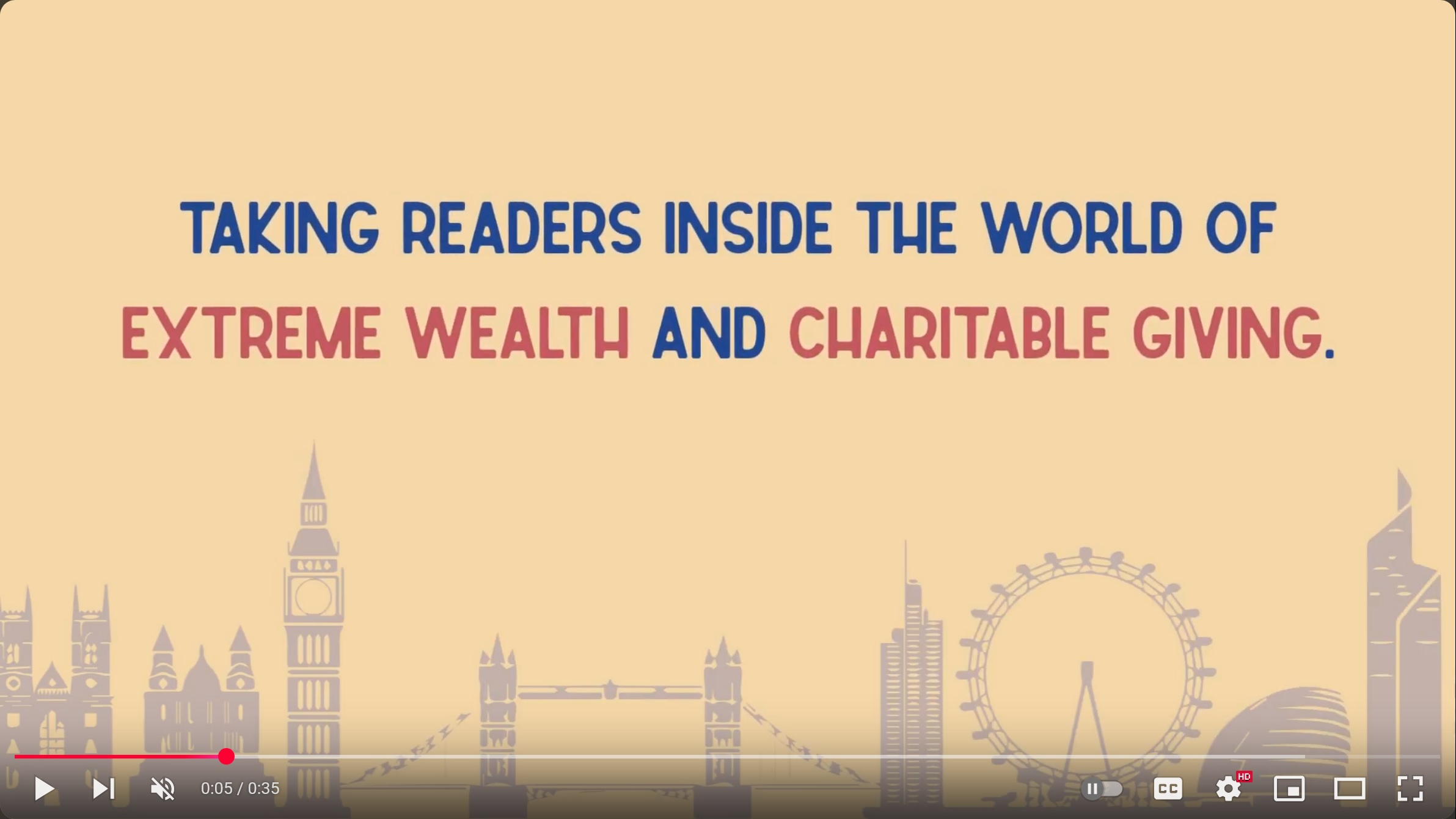 Someone's Gotta Give
Someone's Gotta Give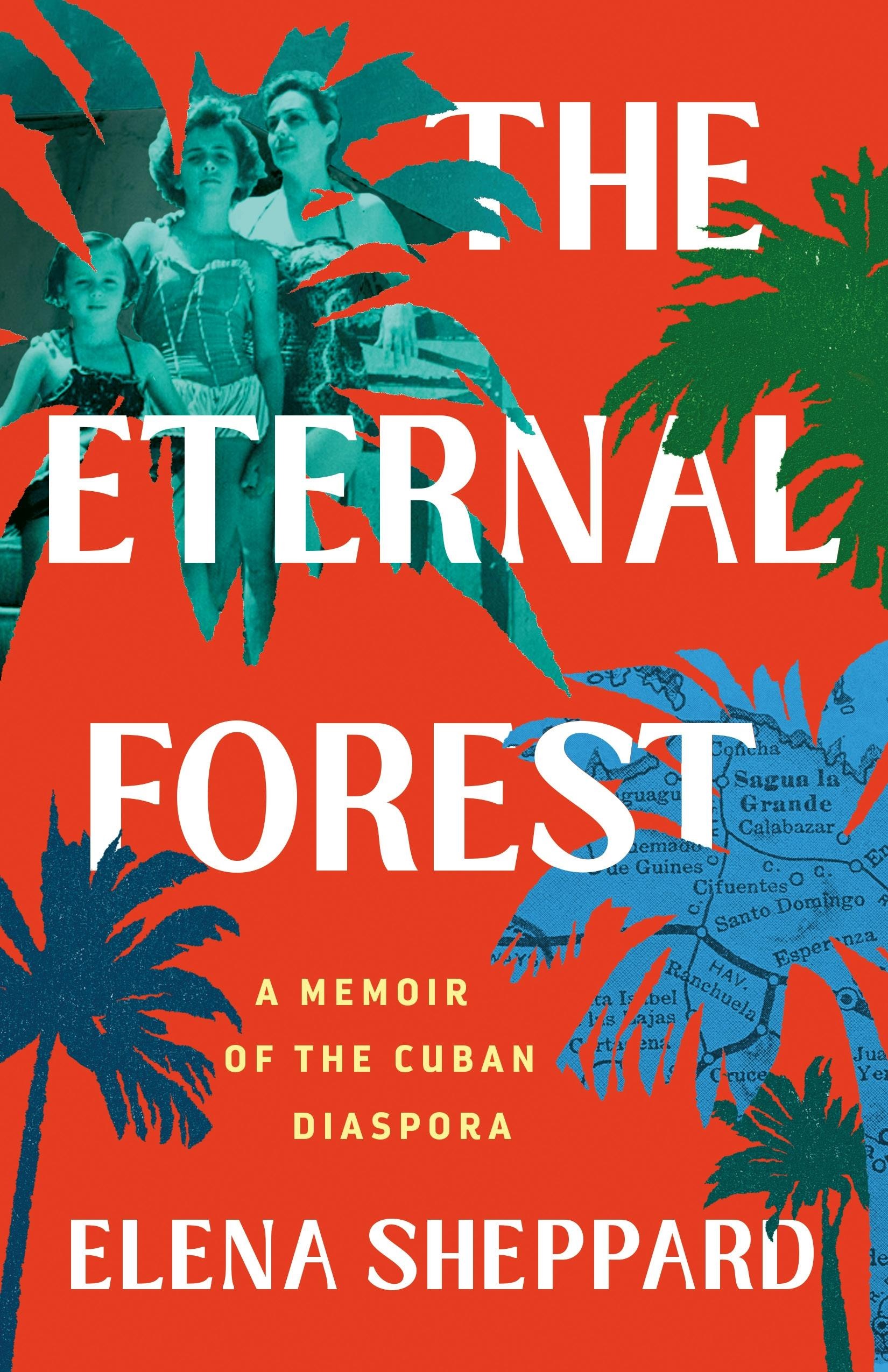 Elena Sheppard's poignant memoir, The Eternal Forest, explores her Cuban family's complicated history with the island they loved and (in some cases) left behind. Sheppard, the only daughter of a Cuban mother and a white American father, also examines her own fascination with her family's past, even as she tries to piece together the fragmented narrative from her grandmother's stories, her own visits to Cuba, and other family artifacts and stories.
Elena Sheppard's poignant memoir, The Eternal Forest, explores her Cuban family's complicated history with the island they loved and (in some cases) left behind. Sheppard, the only daughter of a Cuban mother and a white American father, also examines her own fascination with her family's past, even as she tries to piece together the fragmented narrative from her grandmother's stories, her own visits to Cuba, and other family artifacts and stories.